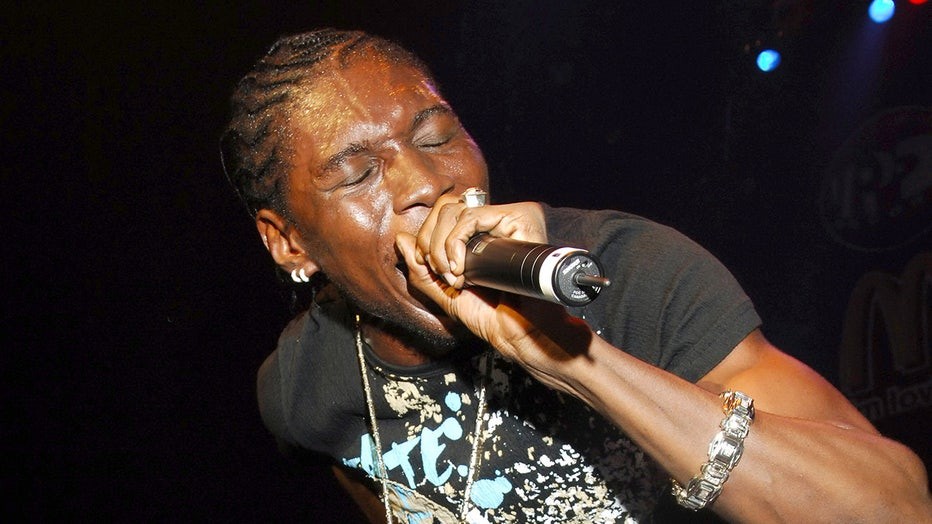Vybz Kartel, a prominent figure in Jamaican dancehall music, has been incarcerated since 2011. But why did this influential artist end up behind bars? This article delves into the details of Vybz Kartel’s imprisonment, examining the initial charges, the controversial trial, and the ongoing legal battles that have shaped his case.
The Initial Arrest and Murder Charge
Vybz Kartel, whose real name is Adidja Palmer, was arrested in September 2011 on suspicion of the murder of Clive “Lizard” Williams. Williams’ body was never recovered, but the prosecution alleged that he was killed at Kartel’s home in Havendale, Jamaica, over a missing firearm. This marked the beginning of a lengthy and complex legal saga.
The 2014 Trial and Conviction
After a 65-day trial, one of the longest in Jamaican legal history, Kartel and three co-defendants, Shawn Campbell, Kahira Jones, and Andre St John, were found guilty of Williams’ murder in 2014. The prosecution’s case relied heavily on circumstantial evidence, including text messages and voice notes allegedly recovered from Kartel’s phone. The trial was highly publicized and drew intense scrutiny both in Jamaica and internationally.
Juror Misconduct and Overturned Conviction
In a significant turn of events, the Privy Council, Jamaica’s highest court of appeal, overturned Kartel’s conviction in April 2023. The ruling cited juror misconduct, specifically allegations that a juror attempted to bribe other jury members to influence the verdict. This decision raised serious questions about the fairness and integrity of the original trial.
The Current Status: Retrial or Freedom?
While the Privy Council overturned the conviction, it did not order Kartel’s immediate release. Instead, the case was remitted to the Jamaican Court of Appeal to determine whether a retrial should be ordered. Kartel remains incarcerated while awaiting this decision. The possibility of a retrial presents further legal complexities and uncertainty about Kartel’s future.
Conclusion: A Complex and Unresolved Case
Vybz Kartel’s case remains a significant and controversial event in Jamaican legal history. The initial conviction, based on circumstantial evidence, was ultimately overturned due to juror misconduct. The possibility of a retrial looms, leaving Kartel’s future uncertain. This case highlights the complexities of the Jamaican justice system and the ongoing debate surrounding Kartel’s guilt or innocence.
